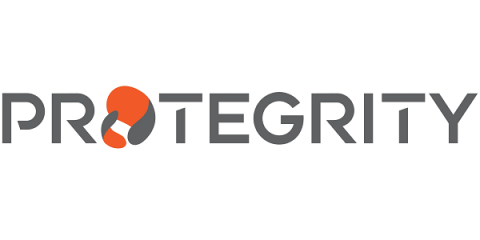Protegrity for Snowflake: Cross-Border Data Movement Made Easy
Organizations must constantly adapt to the challenges of maintaining compliance while handling data. Nowhere is that more apparent than cross-border data protection, which allows data to be and remain protected across jurisdictions, states, counties, and countries with the right data security tools. According to the United Nations, 137 of 197 of its members have data and privacy legislation in place.


